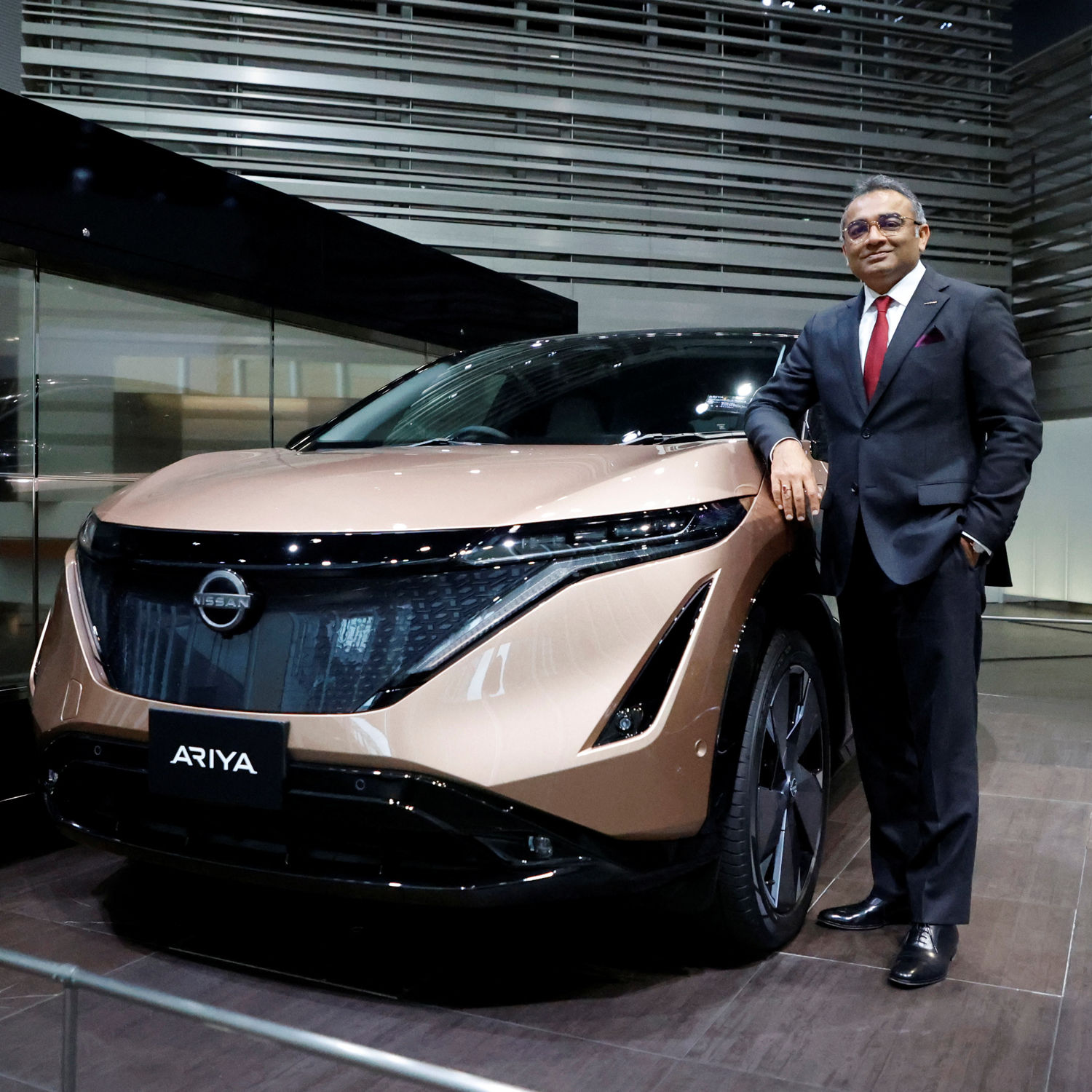The 100% electric Ariya was supposed to represent a ‘new chapter’ for the firm but the model’s delay will be yet another blow to the struggling carmaker’s comeback efforts
Troubled Japanese automaker Nissan has been forced to put back the launch of its game-changing new electric Ariya model because of the global chip crisis.
The model will now not be available until this winter after Nissan confirmed the semiconductor shortage affecting carmakers around the world was hampering its rollout.
Announced in July 2020, the new 100% electric model was initially supposed to go on sale in Japan from mid-2021, before arriving in Europe, North America and China by the end of the year.
Also on AF: Lithium stocks’ climb in China continues
But on Friday, Nissan was saying customers in Japan could now order the limited-edition B6 model for “this winter,” with no set date for those in other markets.
A Nissan spokeswoman said: ”We have been facing various industry challenges, including semiconductor shortage, and our priority is to ensure that we deliver a highly advanced all-new model.”
The Ariya is particularly important for Nissan, which sees it as key to opening a “new chapter” for the firm, according to its director general Makoto Uchida.
It will be the troubled automaker’s first 100% electric vehicle targeting the general car market since the Leaf debuted a decade ago.
FUGITIVE CHIEF
Nissan was struggling even before the pandemic, and was rocked by the arrest and subsequent escape of its former chief Carlos Ghosn, currently a fugitive in Lebanon.
But the coronavirus crisis only deepened its woes, pushing it deeper into the red. Last month it trimmed its annual net loss but warned its outlook remained clouded by the chip shortage.
Semiconductors are in short supply, thanks in part to increased demand due to a surge in home electronics purchases during the pandemic. The industry has also been hit by several production setbacks, including a fire at a producer in Japan.
- Reporting by AFP
Read more:
Short-sellers eye EV makers despite China boom
Weak leadership creates headwinds for Aussie EV sector
























